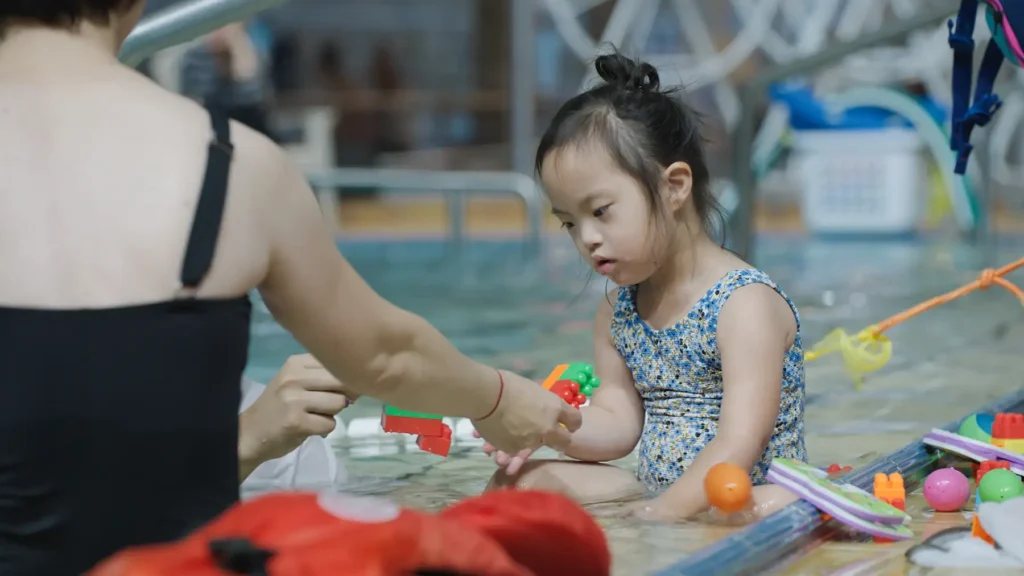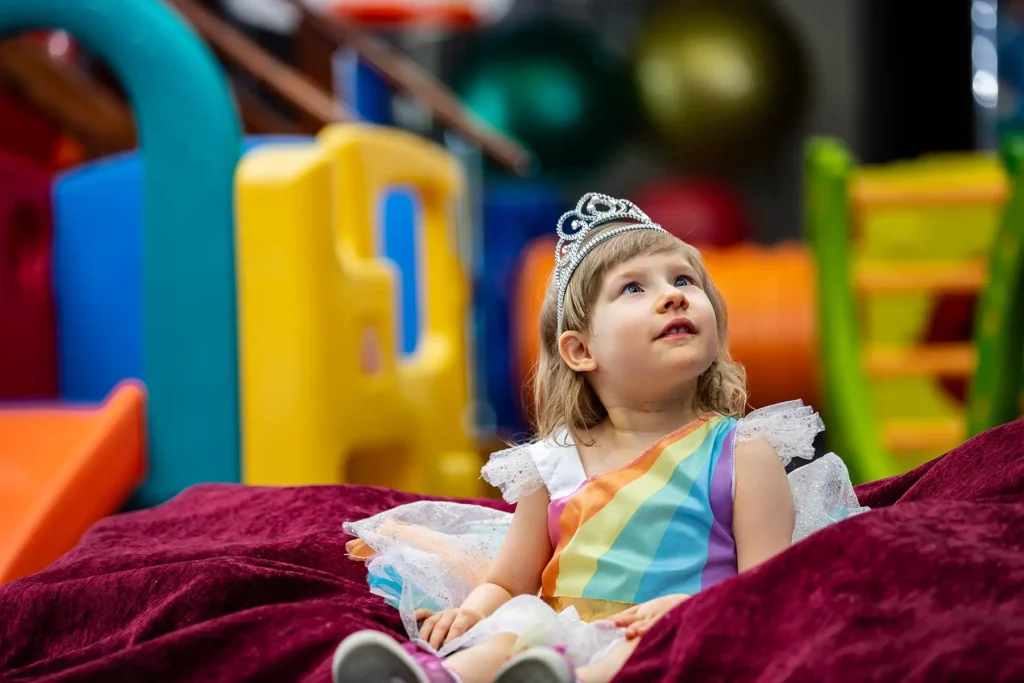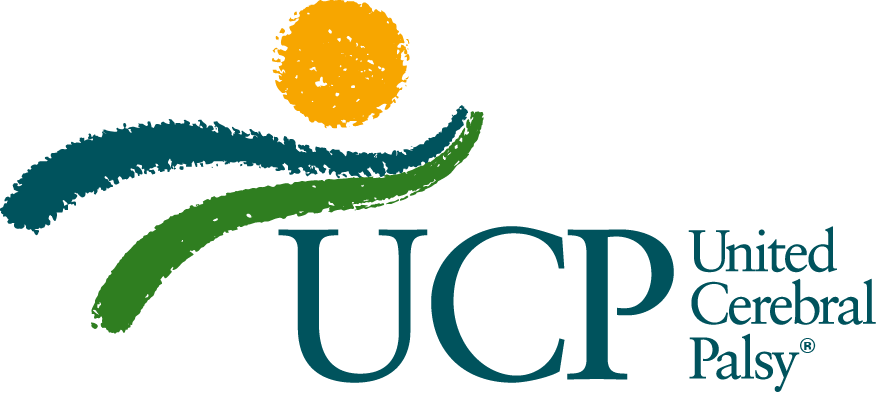Research Grant Program
Join UCP in driving groundbreaking research that transforms lives and shapes the future for individuals with cerebral palsy.

Photo courtesy of Cerebral Palsy Alberta
The Research Grant Program awards grants that advance clinical and translational research and focus on knowledge translation to advance the state of the science, bridging the gap between research and care to transform the lives of children with cerebral palsy and related neurodevelopmental disabilities.
We are now accepting applications for the 2026 “Change is Possible for CP” grant cycle.
While we welcome applications on any topics relevant to cerebral palsy and related neurodevelopmental disabilities from researchers and clinicians in the United States and Canada, the Research Council gives preference to focus on early diagnosis and early treatment of cerebral palsy and research applicants from or collaborating with UCP’s Affiliates. Both biomedical and therapy-focused studies are encouraged.
Submissions close on February 13.
In honor of National Cerebral Palsy Awareness Day on March 25, 2026, the Research Council will notify selected candidates to move forward with submitting a full proposal. See below for a full timeline.

Photo courtesy of United Cerebral Palsy of Central Arizona
About UCP's Research Grants
Ready to make an impact? Explore the program’s guidelines.
Grant Options
- Pilot Grants: Grants in the amount of $20k USD to provide preliminary data for larger-scale future projects or to perform novel analyses on existing data sets.
- Extension Grants: Grants in the amount of $20k USD to expand an existing research project.
The Council welcomes applications from researchers and clinicians in the U.S. and Canada on any topic relevant to cerebral palsy and related neurodevelopmental disabilities that transforms care.
Grant Research Priorities
Priorities:
- Early diagnosis of cerebral palsy
- Early treatment of cerebral palsy
- Children with cerebral palsy in the transitional stage of young adulthood
Special Consideration:
- Research applicants from or collaborating with affiliates of UCP
Grant Application Criteria
The UCP Research Council will sponsor and support high-quality proposals that share goals and priorities for cerebral palsy. Grant applicants for the categories of pilot and extension grants should consider the following criteria:
- The research question should address treatment for children with cerebral palsy or a related neurodevelopmental disability. Submissions on transition to adulthood will also be considered.
- Project goals should use SMART design principles (Specific, Measurable, Achievable, Realistic, and Timely). Data collection, compliance, and progress reporting will be required.
- The Principal Investigator and all co-investigators on the grant must be in professional good standing and have relevant expertise related to the research proposal.
- Applicants must have the infrastructure appropriate to their project, including study design and implementation, facilities and services, patient recruitment, and staffing.
Other Considerations:
- For the pilot and extension awards, applicants do not have to be part of the UCP affiliate network, but preference will be given to those applications from centers that are UCP affiliates or have a strong association with UCP.
- Applicants can work with other centers on the same project (multicenter project), but these centers should submit a common application to better ensure collaboration.
- Projects that will facilitate sustainable, ongoing novel treatments or services that can be adopted by other organizations after completion of the project will be given preference.
Note: Awardees may apply for additional grants to complete the next step of the project if their initial project demonstrates success and ongoing goals are appropriate.
Grant Review Criteria
UCP’s Research Council reviewers and outside reviewers (ad hoc) will use the following criteria to score submissions.
For pilot and extension grants:
- Significance: How might this work support or enhance the community or advance the science in the field of cerebral palsy?
- Innovation: How original and/or novel are the ideas of the application? Both the setting and the field of investigation will be considered (e.g., bringing a novel intervention to a center where it is not currently available may be innovative).
- Investigators: Does the research team have appropriate expertise or have they shown commitment to obtaining the necessary expertise?
- Approach: Are the investigators well trained or have they shown commitment to obtaining training? Are the methods sound? Is the research plan realistic?
- Environment: Is the setting supportive of the research? Will it facilitate the project’s success?
Grant Process for Outcomes Reporting and Dissemination
- Award recipients will be expected to provide a progress report at 12 months in a short-answer format. A final report will be due within three months of the end of the funding period (month 21).
- Award recipients should expect to present accomplishments at UCP Town Hall meetings. Findings from research supported by UCP’s Research Council may warrant press releases and other announcements highlighting investigators and describing discoveries. These communications may be used in support of national fundraising efforts.
2026 Grant Timeline
January 12, 2026
Grant application form becomes available.
February 13, 2026
Letter of Intent submission deadline.
March 25, 2026
Full applications requested from selected candidates.
May 29, 2026
Full submission deadline.
September 2026
Notification of awards sent.
October 1, 2026
Grant funding period begins.
Every breakthrough starts with a bold idea. Together, we can turn those ideas into life-changing solutions for the CP community.
Innovative Research Supported by UCP's Research Council
Past grant recipients have pioneered advancements in treatment and improved the quality of life for thousands. Your project could be next!
2025 Awardees
Pilot/Extension Grants
- California Primary Care Provider Education of Early Identification and Intervention for Infants
PI: Christiana Butera, University of Southern California
This project will expand training for primary care providers across California to improve early detection of cerebral palsy and other developmental disabilities. Building on the Early Identification and Intervention for Infants Network (EI3) initiative, the project will adapt a pilot program from Los Angeles County into a statewide virtual training program, ensuring accessible, evidence-based tools are available to providers and families. - Translating Early Diagnosis into Practice: Clinical Validation of BabyOSCAR for Selective Motor Control Assessment in Infants with Probable Cerebral Palsy
PI: Theresa Sukal Moulton and Colleen Peyton, Northwestern UniversityThis study will validate BabyOSCAR, a novel assessment tool that evaluates joint-specific movement using observational scoring of video-recorded spontaneous infant movement. By analyzing 250 retrospective infant videos and testing reliability across clinicians, the project aims to establish BabyOSCAR as a scalable, clinically feasible tool for earlier, more accurate CP diagnosis and individualized intervention.
2024 Awardees
Pilot/Extension Grants
- Walking Attainment: Precision Rehab in Cerebral Palsy (WALKCP)
PI: Dr. Kristie Bjornson, Seattle Children’s Research Institute, California State University, University of Washington - Custom Antisense Oligonucleotide (ASO) Treatment of a Genetic Form of Cerebral Palsy: First-in-Kind Proof of Principle Study
PI: Dr. Michael Kruer, Phoenix Children’s, and Valerie Pieraccini, UCP of Central Arizona
Affiliate Planning Grants
- Partners in Progress: Integrating Lived Experience into CP Research at Gillette Children’s
PI: Rhonda Cady and Tammy Jobes, Gillette Children’s - Does Community Outreach and Education Increase Referrals to a Nonprofit Outpatient Therapy Center for 0-3 Year Population Specializing in Early Detection?
PI: Katie McGregor, UCP of Greater Cleveland
2023 Awardees
- Understanding and Enhancing Everyday Positioning Experience in Infants at Risk for CP
PI: Kari Kretch, University of Southern California - Developing an Automated General Movement Assessment and Outcome Prediction Tool for Infants Using a Clinician-Centered Approach
PI: Weiyang Deng, Shirley Ryan AbilityLab & Northwestern University
2022 Awardees
- Use of the Affected Limb in Children with Hemiplegic Cerebral Palsy as Measured by Accelerometry Following Infancy Initiated Constraint-Induced Movement Therapy (CIMT): A Pilot Study
PI: Dr. Mark Gormley, Gillette Children’s - Progression of Cerebral Palsy: The First Two Years of Life
PI: Kelly Greve, Cincinnati Children’s Hospital Medical Center - Implementation of Therapy Together with Early Childhood Intervention
PI: Angela Shierk, Texas Woman’s University - Transforming Health Through Relationships via In-Person and Virtual Environments (THRIVE) Cerebral Palsy
PI: Thomas Moran, James Madison University Empowerment Center
Success stories
“I think it’s helpful to get a comprehensive understanding of where his strengths and weaknesses are. It helps us focus on the things we need to work on with him. It gives us peace of mind that he is doing OK and it's nice to see him put through his paces to see what he can do.”
— Father of a child participating in “Progression of Cerebral Palsy: The First Two Years of Life” by Cincinnati’s Children’s Hospital Medical Center
“Therapy Together is set up in a way that allows therapists to educate caregivers using a workable amount of information and provides specific tasks to work on each week. It is also very helpful to say that Therapy Together is backed by research and the amount of time required to complete the program is evidence based. This adds validity to implementing the program."
— ECI therapist at Texas Woman’s University with project entitled “Implementation of Therapy Together with Early Childhood Intervention”

